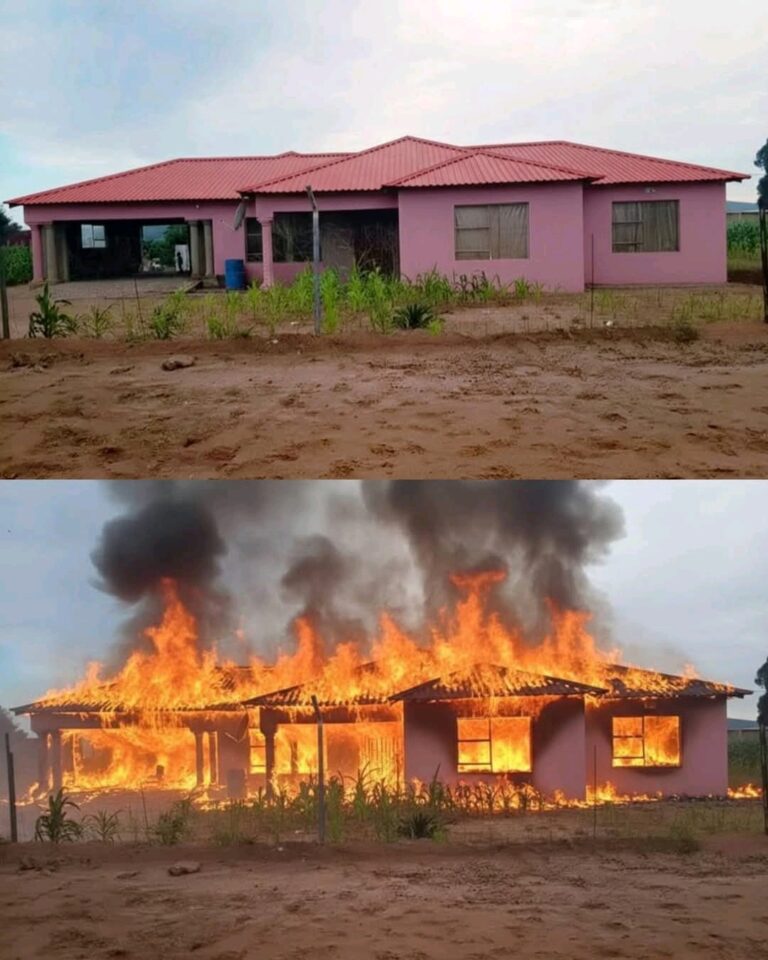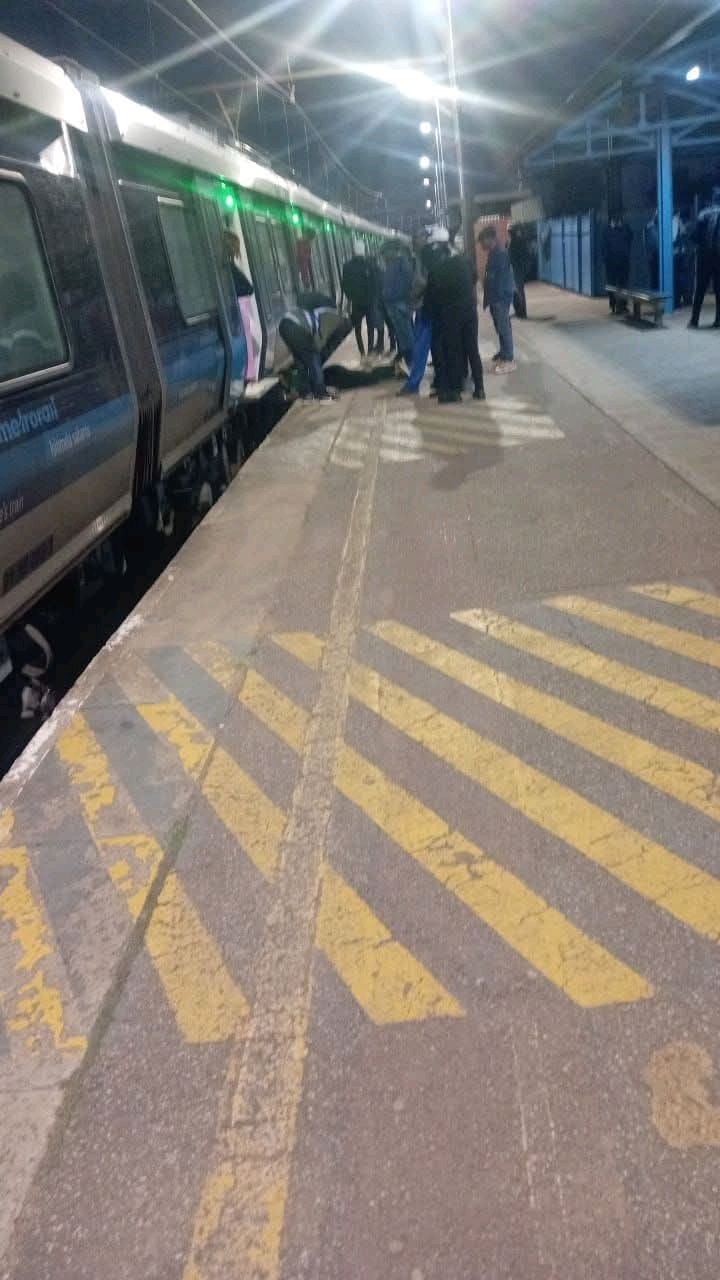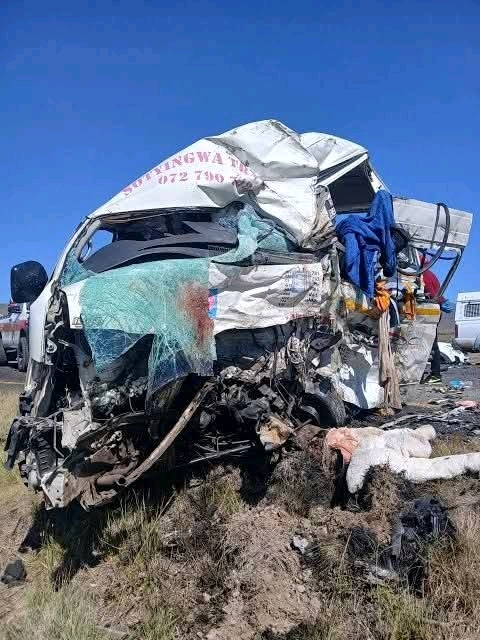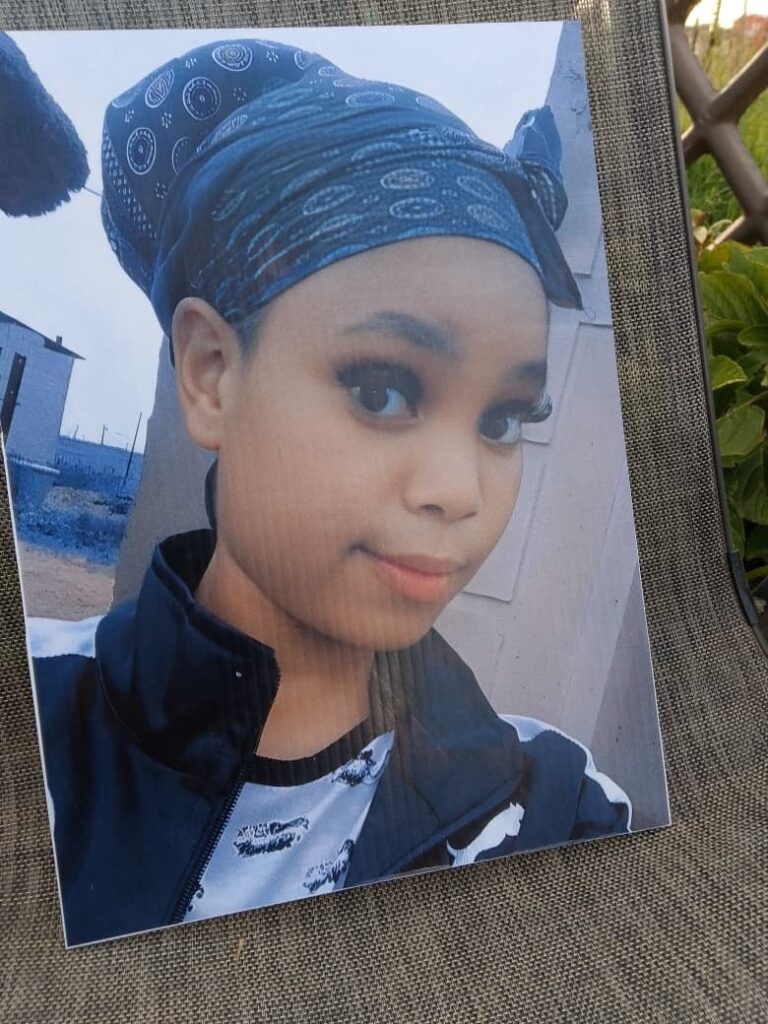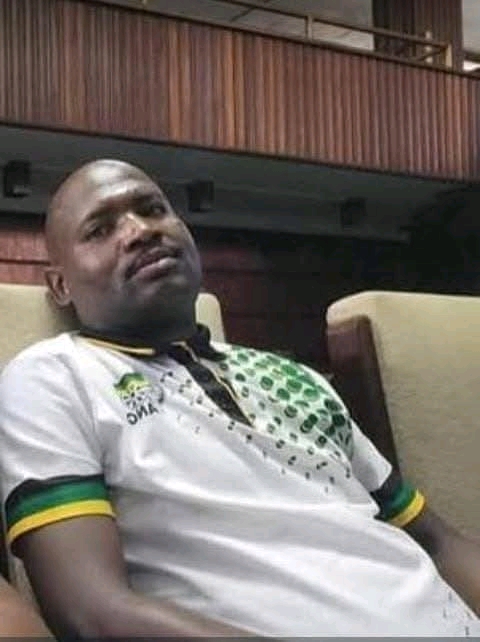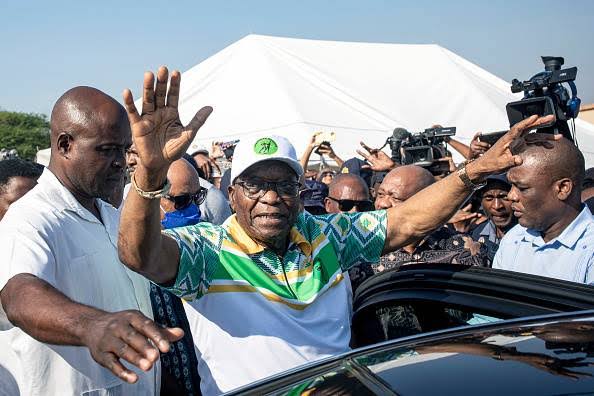
Former South African President Jacob Zuma, the disruptor, has emerged as a key player in the country’s political future after a significant showing in the national elections.
Zuma’s new party, uMkhonto weSizwe (MK), gained 14.6% of the vote, just five months after its launch, and won control of his home province of KwaZulu-Natal.
This performance has eaten into the support of the governing African National Congress (ANC), led by President Cyril Ramaphosa, which suffered its worst election result in three decades, scraping just over 40% of the vote.
ALSO READ Fire Ramaphosa, then we can talk – Zuma
Zuma’s success has been met with jubilation by his supporters, who see him as a champion of the poor and a defender of the ANC’s radical economic transformation agenda.
The 82-year-old former president has tapped into the anger and frustration of many South Africans who feel neglected by the ANC and disillusioned with the country’s economic and political status quo.
As the ANC struggles to come to terms with its worst election performance since the end of apartheid, Zuma’s MKP has emerged as a significant force in South African politics. The party’s rise has also highlighted the deep divisions within the ANC and the growing discontent among many South Africans with the country’s political and economic elite.
With the ANC losing its parliamentary majority, Zuma’s MKP is now in a position to play a key role in shaping the country’s political future. The former president has already indicated that his party is open to coalition talks with other parties, including the ANC, to form a new government.
This has raised concerns among some analysts who fear that Zuma’s return to power could lead to a reversal of the country’s democratic gains and a return to the authoritarianism and corruption that characterized his previous rule.
As South Africa navigates this uncertain political landscape, one thing is clear: Jacob Zuma, the disruptor, has once again thrown a spanner in the works of the country’s political establishment. His fate, and that of South Africa, hangs in the balance.

